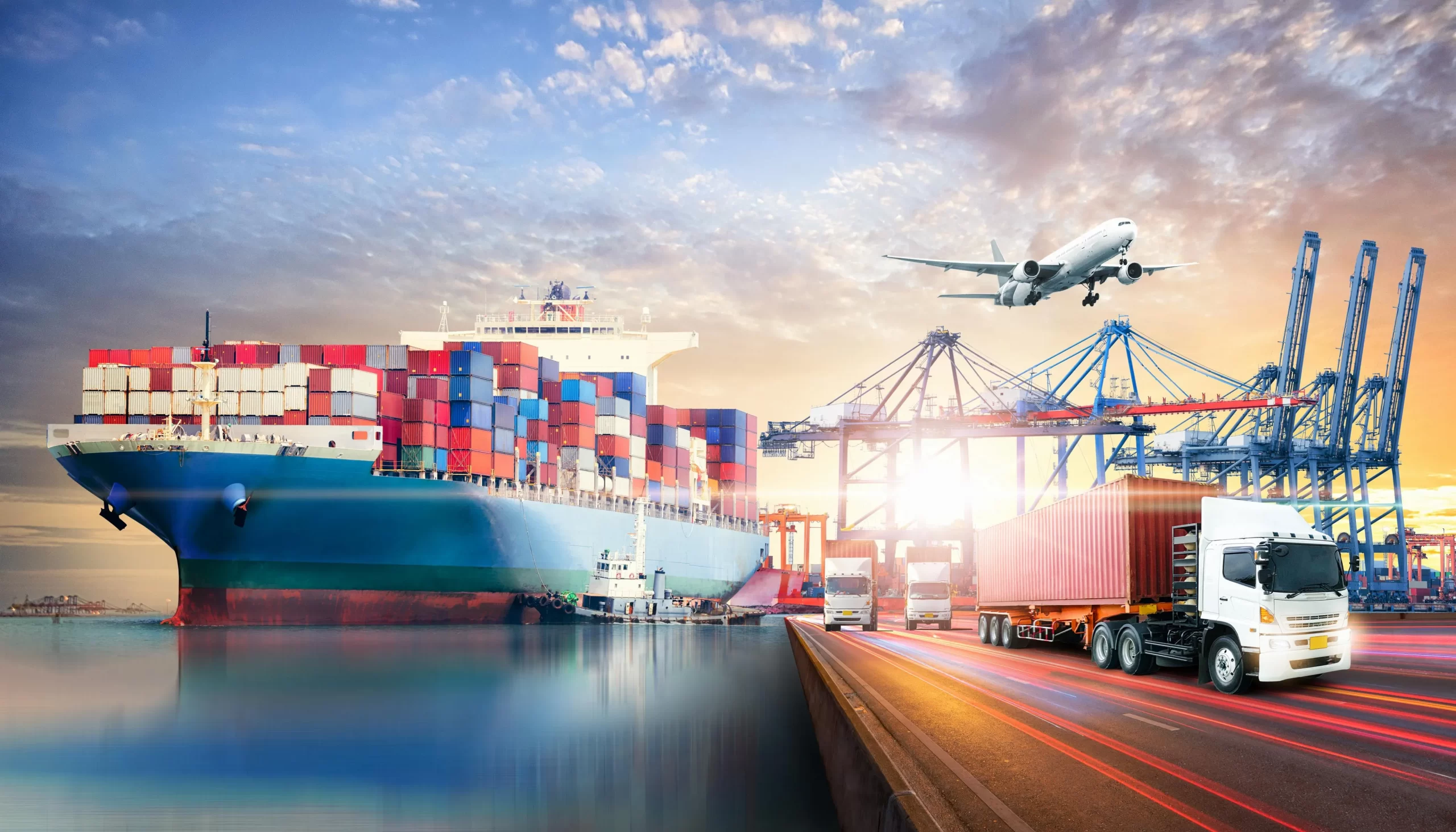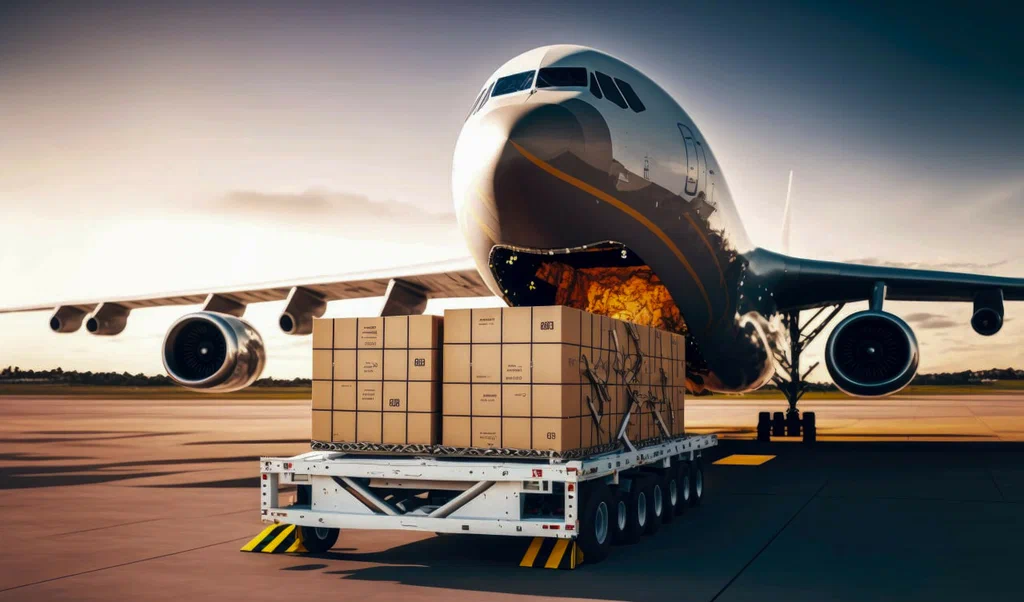Leveraging AI for Enhanced Efficiency in Freight Management: A Closer Look at Route Optimization, Real-Time Tracking, and Inventory Management
In today’s fast-paced world of logistics, businesses are constantly seeking innovative solutions to streamline their operations and gain a competitive edge. One of the most promising advancements in this realm is the integration of artificial intelligence (AI) into freight management processes. By harnessing the power of AI algorithms, companies can optimize routes, track shipments in real-time, and manage inventory with unprecedented efficiency and precision.
Let’s explore how AI is revolutionizing freight management across three key areas: route optimization, real-time tracking, and inventory management.
The Power of AI in Route Optimization :-
Efficient route planning is essential for reducing transportation costs, improving delivery times, and minimizing environmental impact. Traditional route planning methods often fall short in adapting to dynamic conditions such as traffic congestion or changing delivery schedules. This is where AI-powered route optimization algorithms shine.
By analyzing vast amounts of data, including traffic patterns, road conditions, and delivery constraints, AI algorithms can generate optimal routes that maximize efficiency and resource utilization. These algorithms continuously learn and adapt to real-time conditions, enabling businesses to stay agile and responsive in a rapidly evolving logistics landscape.
The benefits of AI in route optimization
are manifold:
- Seamlessly manage sea and air freight operations.
- Simplify freight accounting and financial processes.
- Streamline quotation management for quicker deal closures.
Real-Time Tracking with AI :-
Visibility and transparency are crucial components of effective supply chain management. Real-time tracking technologies provide businesses with the ability to monitor shipments as they move through the supply chain, ensuring timely delivery and proactive issue resolution.
AI-driven real-time tracking goes a step further by integrating advanced analytics capabilities. By leveraging AI algorithms, businesses can predict potential delays or disruptions before they occur, enabling proactive intervention to mitigate risks and maintain customer satisfaction. Furthermore, AI-powered tracking systems provide valuable insights into operational performance, enabling businesses to identify areas for improvement and optimize logistics processes.
The benefits of AI in route optimization are manifold:
- Enhanced delivery efficiency and on-time performance
- Reduction in fuel consumption and carbon emissions
- Optimization of resource utilization and vehicle capacity
Optimizing Inventory Management with AI :-
Efficient management of inventory is essential for fulfilling customer demand while simultaneously reducing expenses and optimizing profitability. Traditional inventory management approaches often struggle to cope with the complexities of modern supply chains, leading to inefficiencies and excess inventory.
AI algorithms offer a solution to this challenge by enabling businesses to analyze inventory data in real-time and make data-driven decisions. By leveraging AI for inventory optimization, companies can predict demand fluctuations, automate replenishment processes, and minimize stockouts or overstock situations.
The benefits of AI in inventory management include:
- Proactive issue resolution and risk mitigation
- Enhanced customer satisfaction through accurate and timely updates
- Optimization of logistics operations for improved efficiency and cost savings
Future Trends and Considerations :-
Looking ahead, the future of freight management lies in continued innovation and advancement in AI technologies. Emerging trends such as autonomous vehicles, predictive analytics, and blockchain integration hold the promise of further enhancing efficiency and transparency in logistics operations.
However, businesses must also consider the challenges and implications of adopting AI in freight management, including data privacy concerns, integration complexity, and workforce training.
Conclusion :-
In conclusion, AI is transforming freight management by revolutionizing route optimization, real-time tracking, and inventory management. By embracing AI-powered solutions, businesses can gain a competitive edge in today’s complex logistics landscape, driving efficiency, reducing costs, and enhancing customer satisfaction.
Are you ready to unlock the full potential of AI in your freight management operations? Explore AI-powered solutions today and take your logistics performance to the next level.










